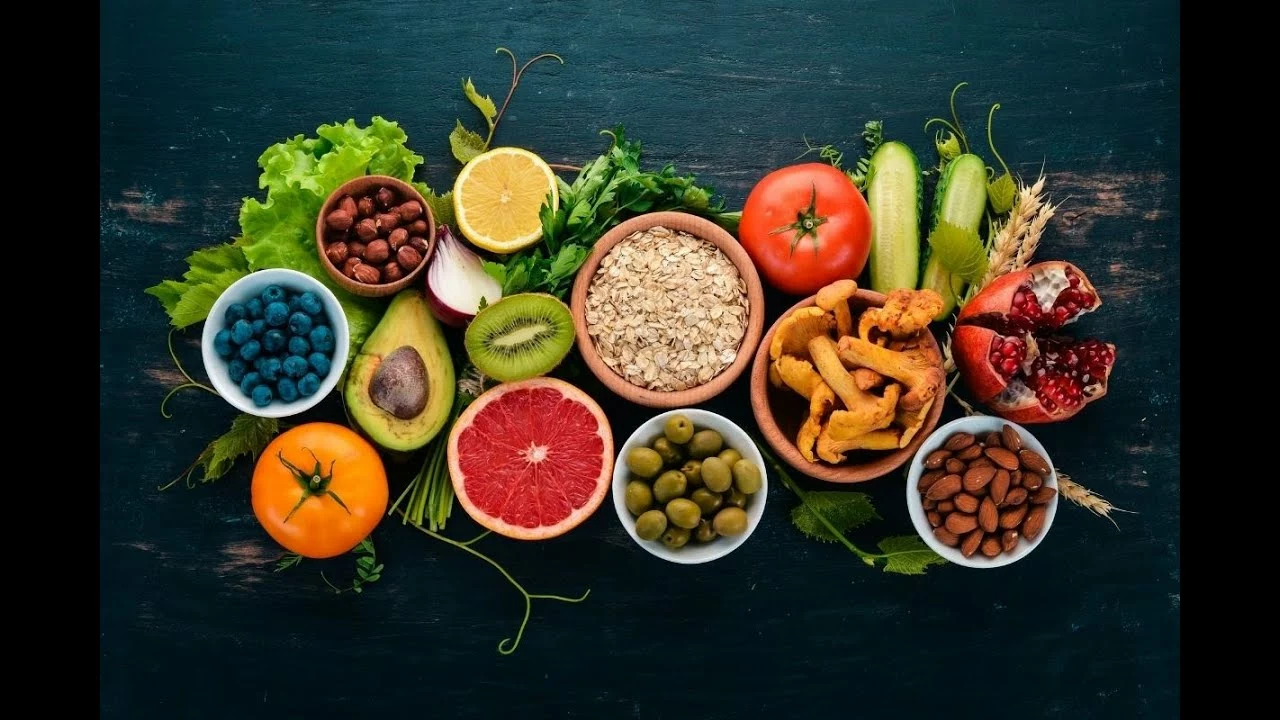Sports Nutrition for Soccer Players: Off‑Season and Game Day Essentials
If you love football, you already know that skill and training matter. But what you put on your plate matters just as much. Whether you’re a pro, an amateur, or just a fan wanting to eat like one, the right fuel can boost performance, speed up recovery, and keep you injury‑free.
What Happens to a Pro’s Diet When the Season Pauses?
Most people assume players go on a food binge during the off‑season. The truth? They keep a balanced diet. Even without weekly matches, they still need protein for muscle repair, carbs for energy stores, and healthy fats for hormones. The main change is a slight reduction in total calories because training volume drops.
Take a look at a typical off‑season menu: grilled chicken or fish, plenty of veg, whole‑grain rice or quinoa, and a handful of nuts for snack‑time. Junk food isn’t banned, but it’s kept to occasional treats rather than daily meals. This disciplined approach keeps their bodies ready for the next training block.
Practical Nutrition Tips You Can Use Right Now
1. Prioritise protein every meal. Aim for 20‑30 g of lean protein – think eggs, Greek yogurt, beans, or lean meat. Protein supports muscle repair, especially after hard training sessions.
2. Choose carbs that last. Whole grains, sweet potatoes, and fruit provide steady energy. Save simple sugars for a quick boost right before a game, not as a staple.
3. Don’t forget healthy fats. Avocado, olive oil, and fish oil help reduce inflammation and keep joints happy.
4. Hydrate smartly. Water is your best friend, but during intense matches, a sports drink with electrolytes can help replace what you lose in sweat.
5. Plan your pre‑match snack. A banana with a spoon of peanut butter 30‑45 minutes before kick‑off gives a mix of carbs and a little protein – perfect for that early burst of speed.
These pointers work for any level of play. If you’re training two to three times a week, stick to the same principles and you’ll notice faster recovery and more steady energy.
How to Keep Nutrition Simple During a Busy Season
When matches pile up, cooking fresh every day can feel impossible. Batch‑cook basics on your day off: grill a tray of chicken breasts, steam a big pot of mixed veg, and whip up a batch of quinoa. Store in portioned containers and you’ll have a ready‑to‑heat meal for the week.
Another pro move is to pack a portable snack bag. A mix of almonds, dried fruit, and a protein bar fits easily in a bag and prevents reaching for vending‑machine chips.
Remember, consistency beats perfection. Even if you slip and grab a burger after a tough game, get back on track with a balanced breakfast the next day. Your body will thank you.
Bottom line: soccer players don’t eat anything crazy in the off‑season – they stay disciplined, choose nutrient‑dense foods, and allow occasional treats. You can adopt the same habits, and you’ll feel stronger on and off the pitch.
Ready to upgrade your game‑day fuel? Start by swapping one processed snack for a piece of fruit, add a protein source to every meal, and keep a water bottle handy. Small tweaks add up, and you’ll notice the difference in your stamina, focus, and recovery.
Do pro soccer players eat as they like during off-season?
In my recent research, I've discovered that professional soccer players don't have free rein to eat however they please in the off-season. Despite not being in active play, they still maintain a balanced diet to keep their bodies in top shape. This means consuming nutrient-dense foods and avoiding excessive amounts of junk food. Of course, they do enjoy a bit more flexibility and can indulge occasionally. But, overall, a disciplined approach to nutrition remains crucial, even during their break.
